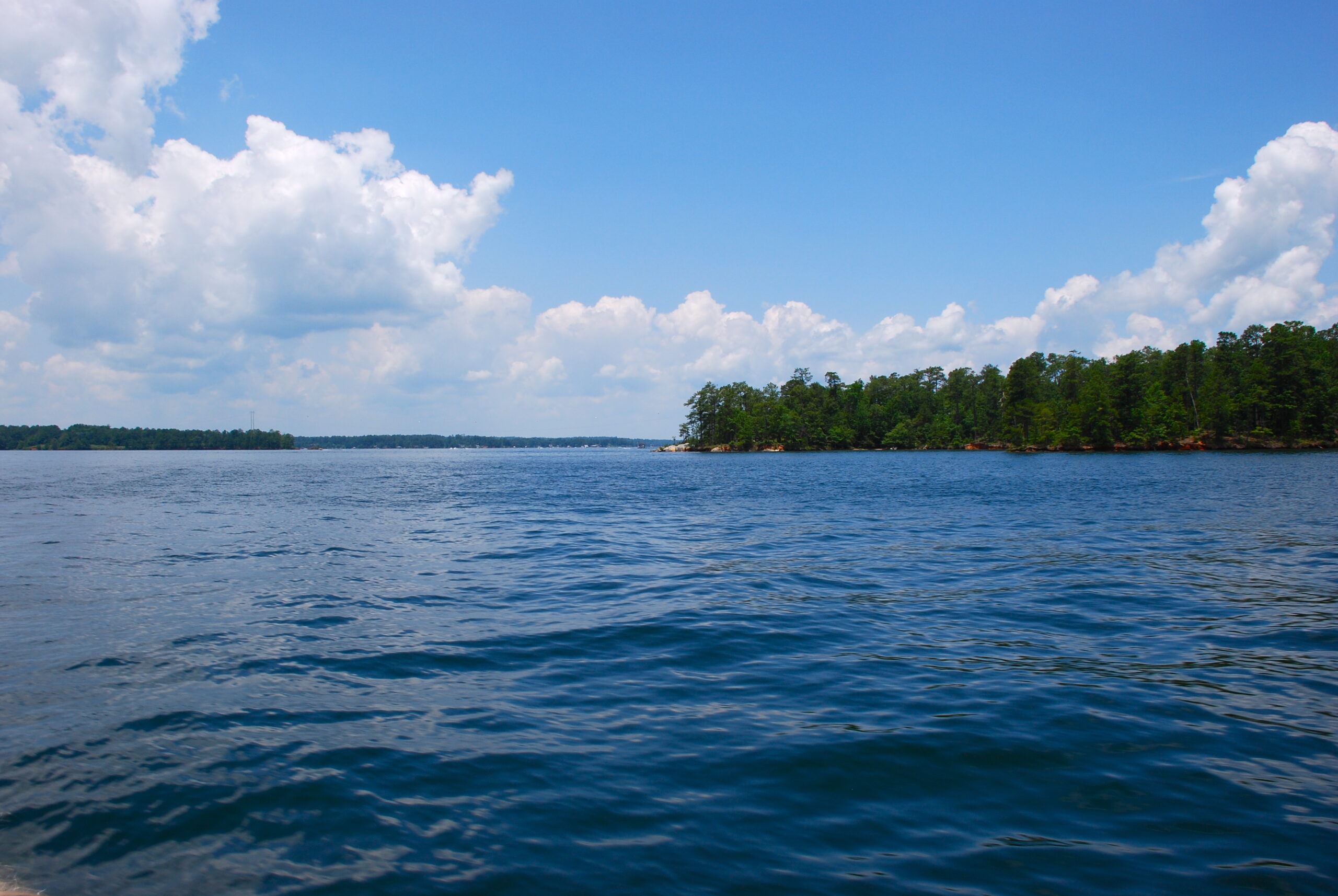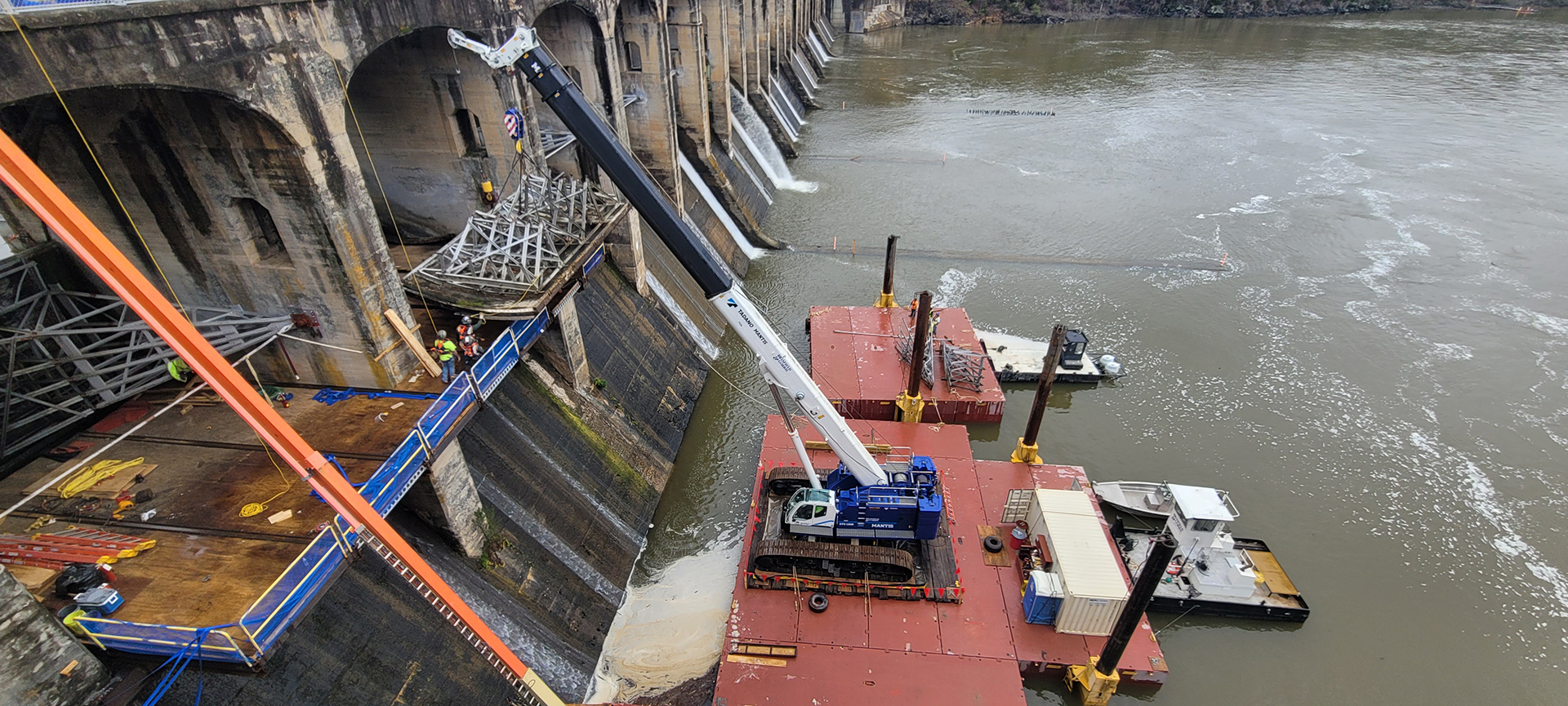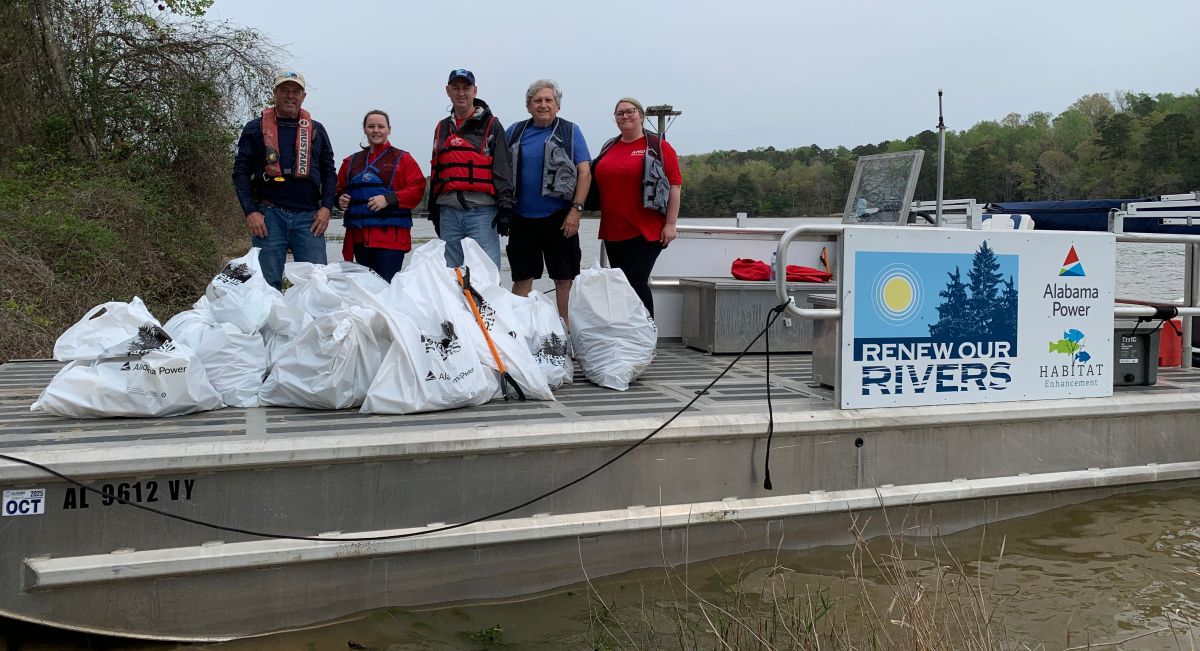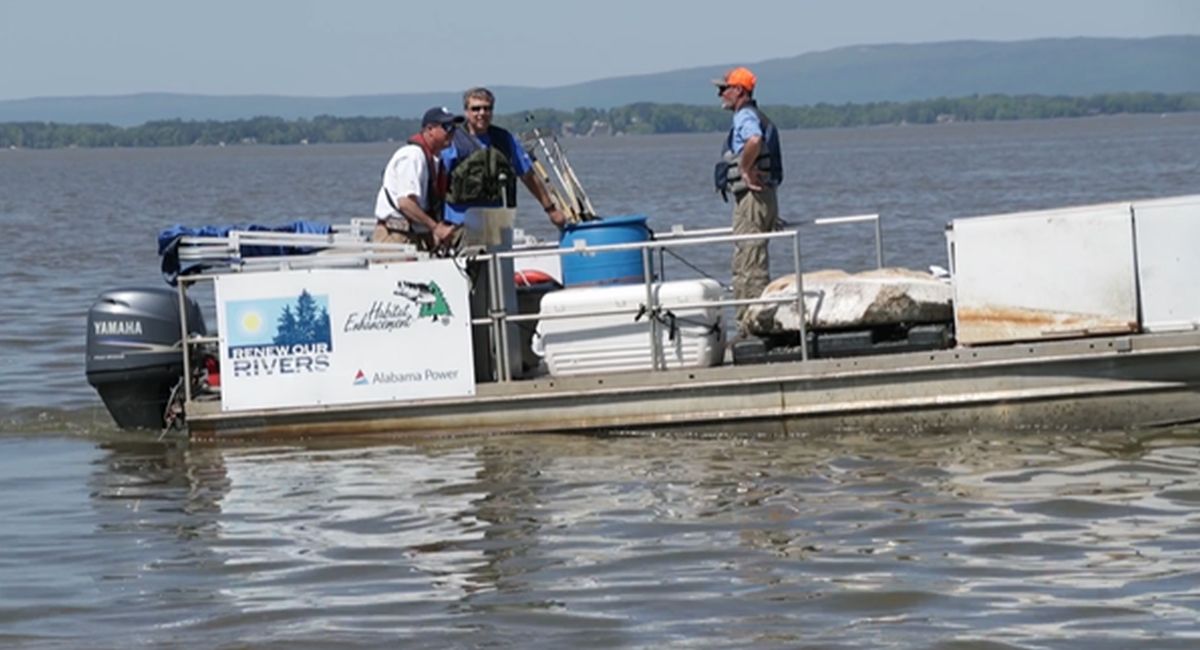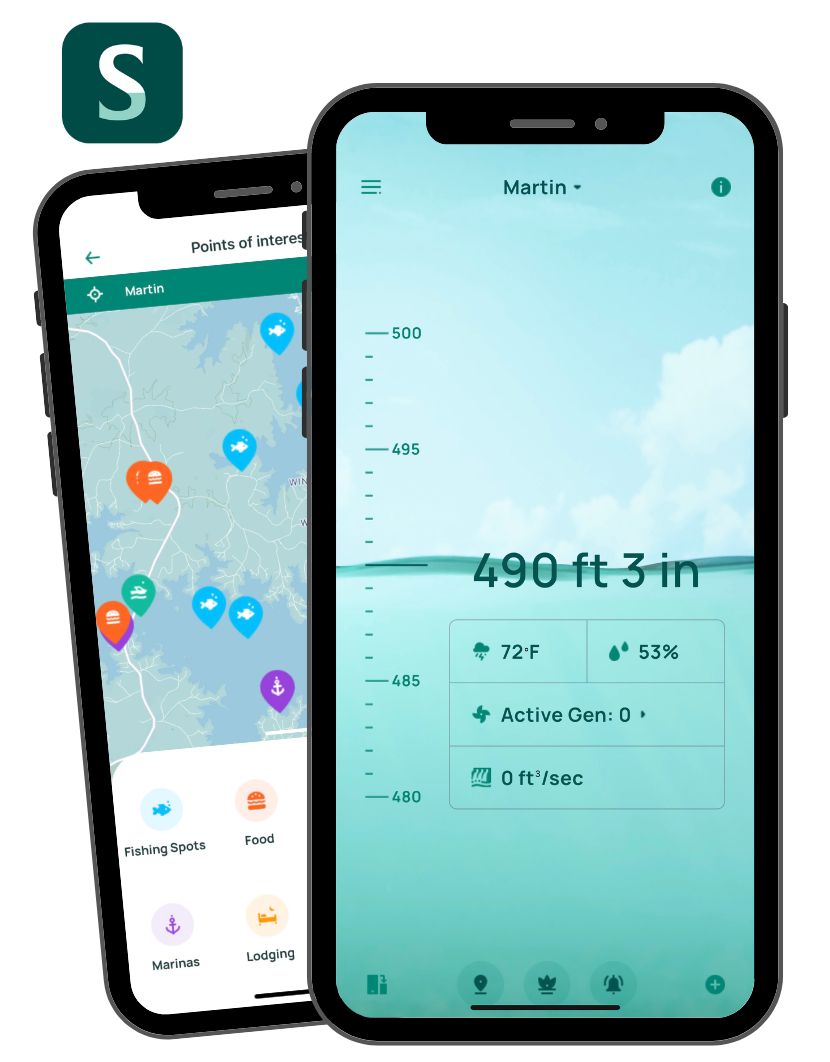Today is National Hydropower Day, which recognizes the vital role hydro plays in providing clean, reliable and affordable energy across America.
Alabama Power’s first hydroelectric facility, Lay Dam, began operation on the Coosa River in 1914. Today, Alabama Power owns and operates 14 hydroelectric plants, which typically provide between 5% and 8% of the company’s annual energy mix.
“Our hydro facilities are ‘forever assets,’ meaning we relied on them more than 100 years ago and we are still relying on them now,” said Herbie Johnson, Southern Company Hydro general manager. “The flexibility of hydropower and its integration with the other elements of our grid allow us to provide our customers with safe, reliable energy.”
With 11 company-owned lakes, Alabama Power manages more water than any other organization in the state. The company reservoirs span 157,000 acres of land and 4,000 miles of shoreline, and include 65 recreation sites, featuring boat ramps, day-use parks, walking trails and fishing areas.
The hydroelectric plants produce emission-free, lower-cost electricity — with storage capacity for reliability — for customers across Alabama. In 2019 and 2020, Alabama Power produced over 70,000 megawatt hours of incremental hydro generation. That’s the equivalent of a 40-megawatt solar facility each year.
Alabama Power’s hydroelectric facilities and reservoirs help manage water flows during periods of heavy rains. The reservoirs are also important sources of drinking water.
In 2019, hydropower represented nearly 6.6% of total U.S. electricity generation and 38% of renewable electricity generation. The U.S. hydropower fleet is comprised of about 2,200 power plants with a total capacity of roughly 80 GW, which includes 91% of U.S. capacity (23 GW) of pumped storage. Hydropower is also a major job creator, employing about 66,500 workers in the U.S.









